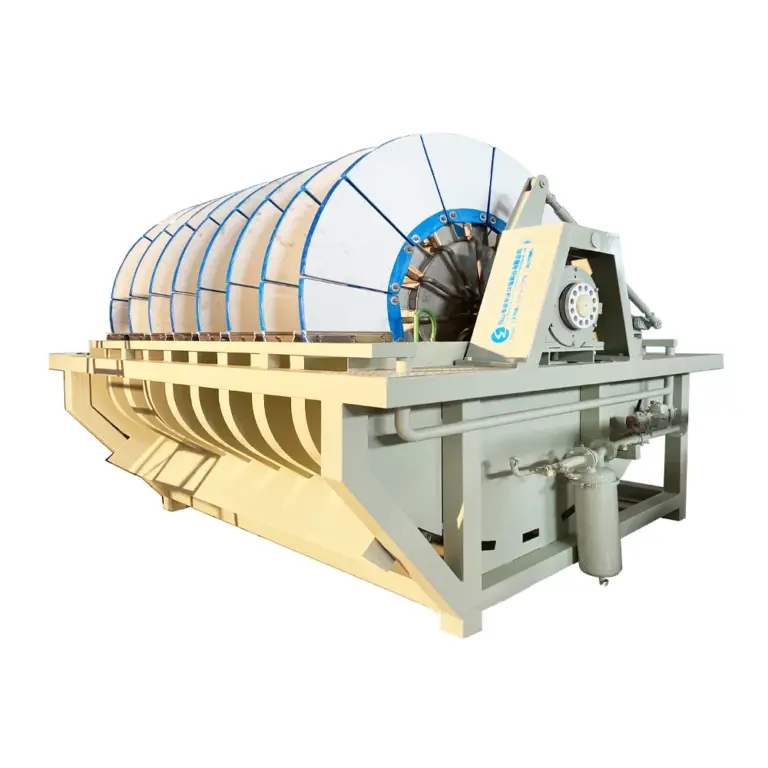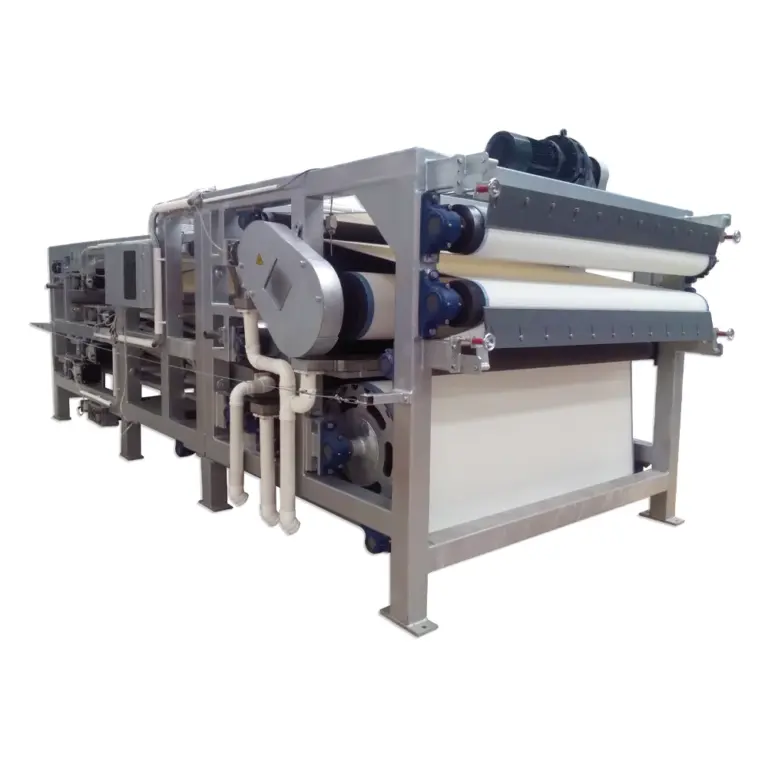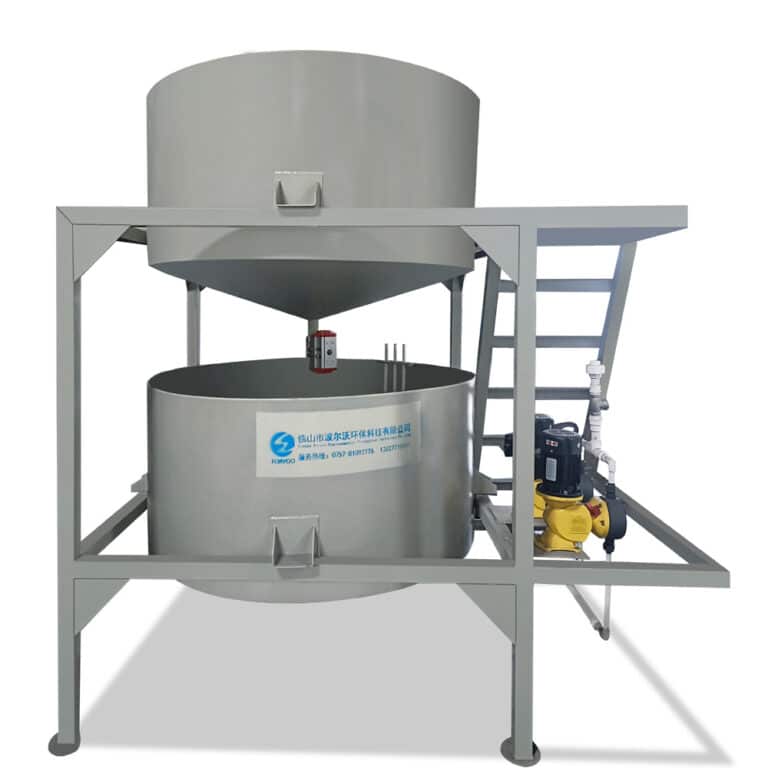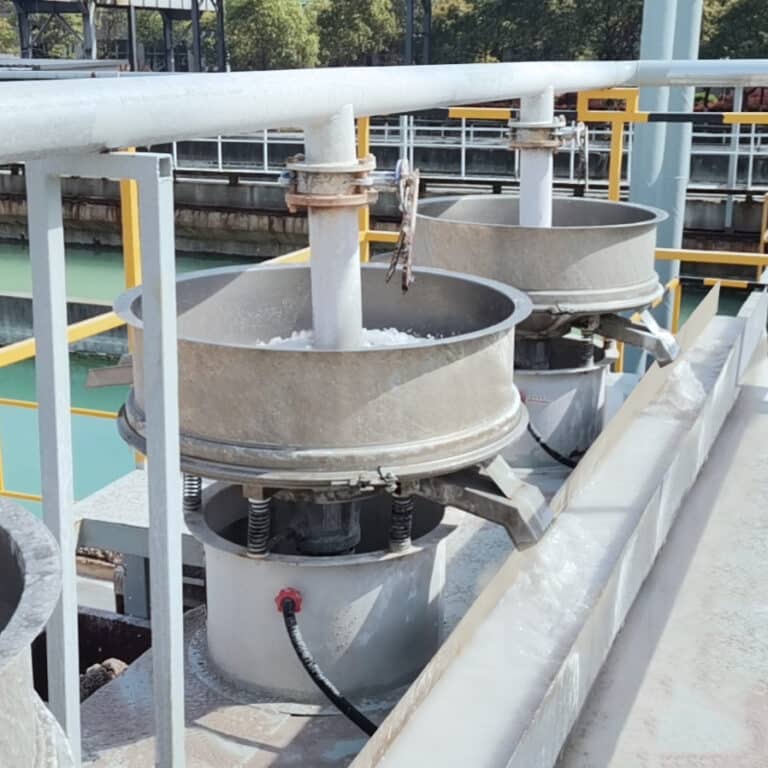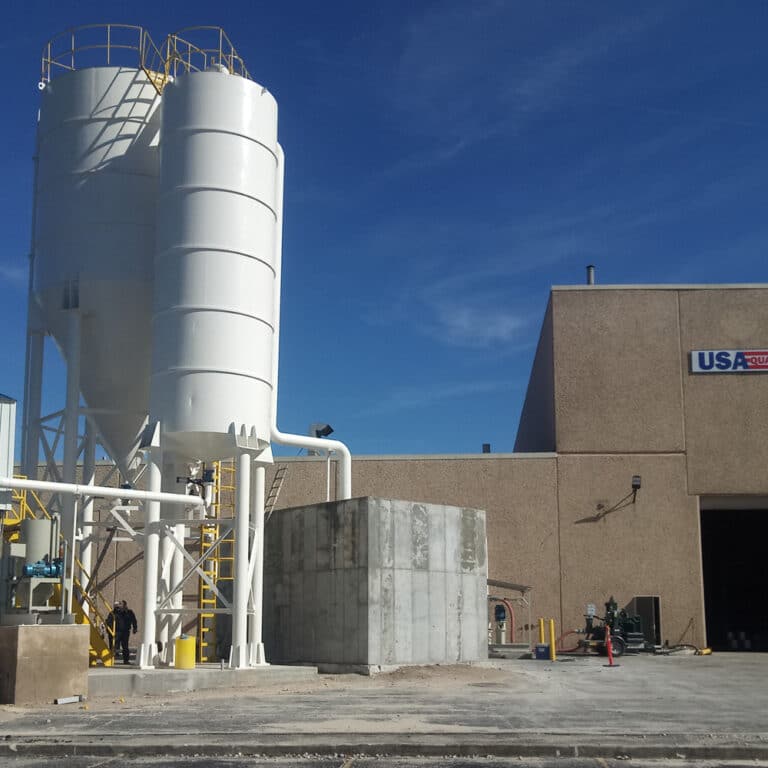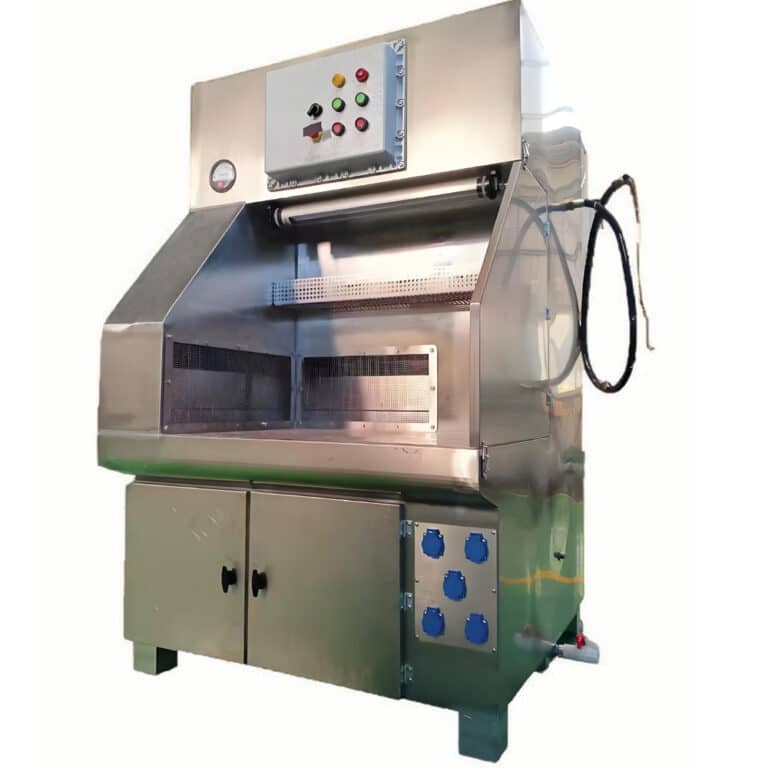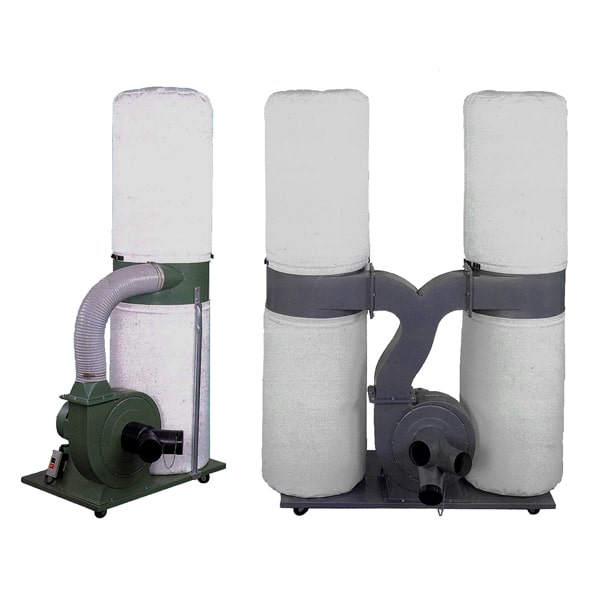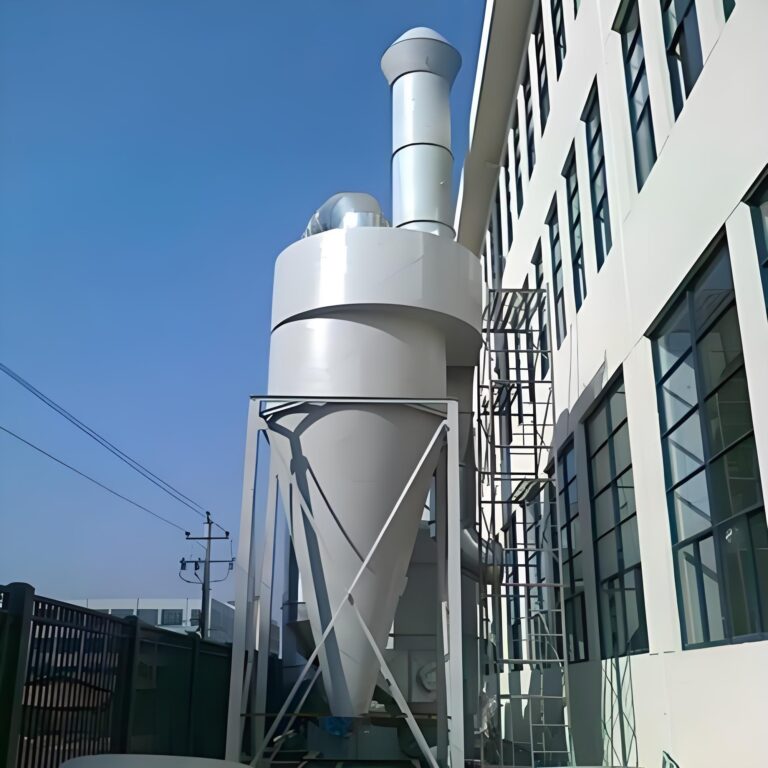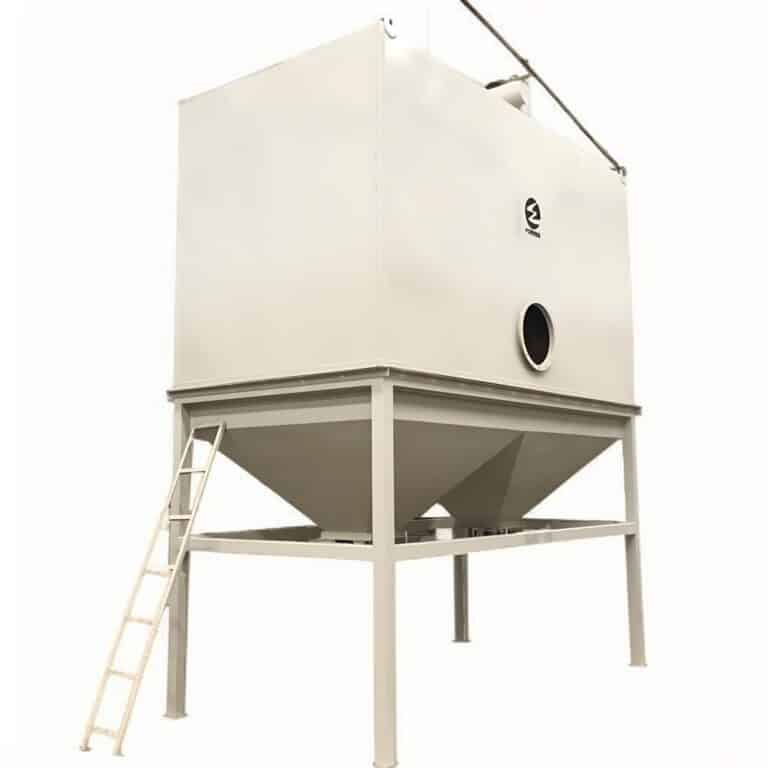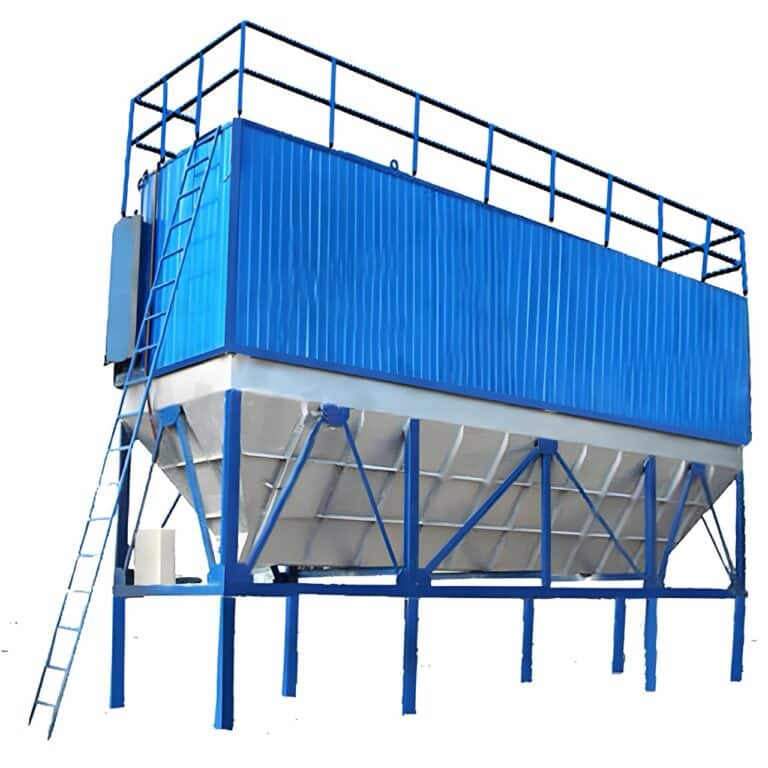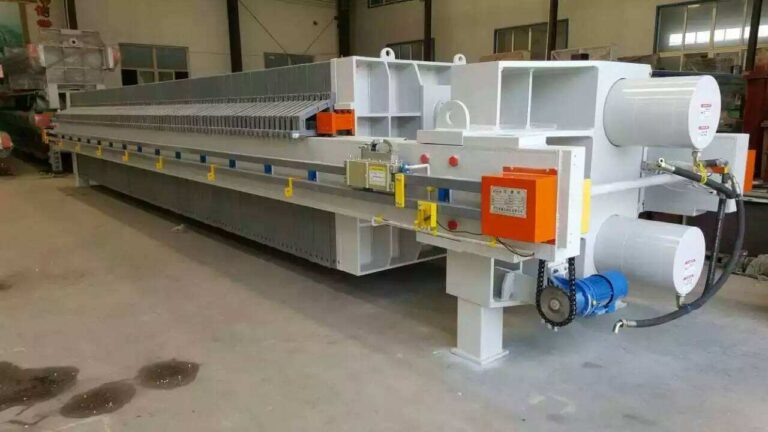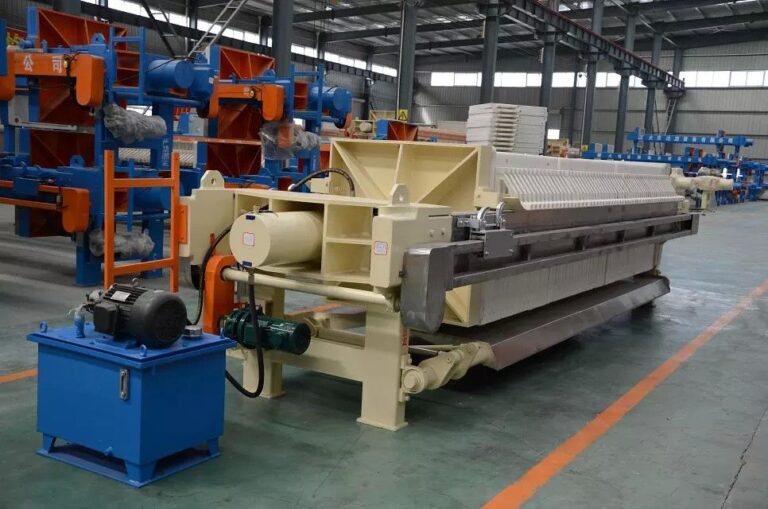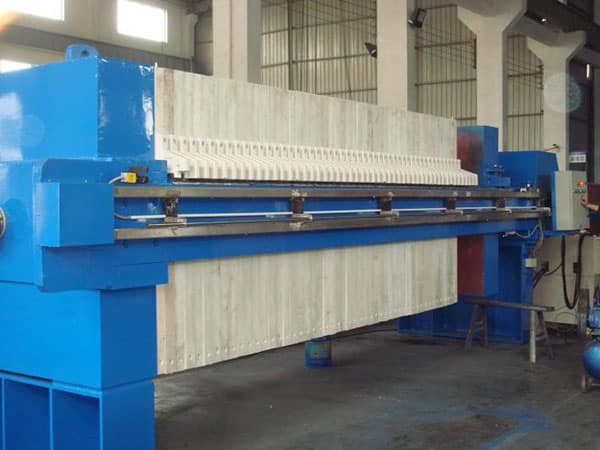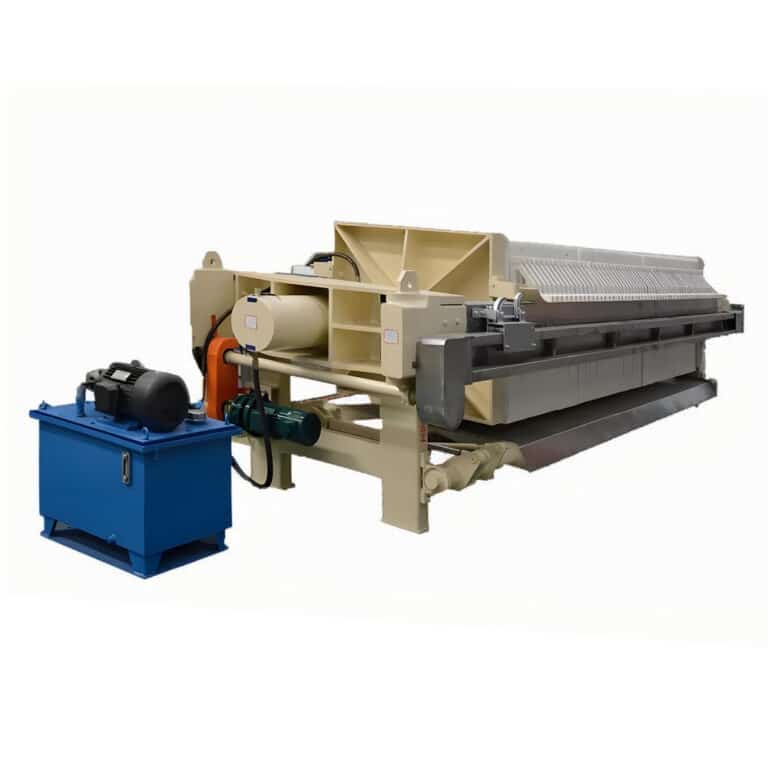In the realm of industrial filtration, filter press technology has undergone significant transformations in recent years, particularly with the advent of Industry 4.0. This revolutionary approach to manufacturing and production has ushered in a new era of efficiency, productivity, and sustainability for filter press operations. As we delve into the technological advancements that have shaped this industry, we'll explore how these innovations are reshaping the landscape of solid-liquid separation processes.
The integration of smart technologies, data analytics, and automation has propelled filter press technology into the future. From enhanced process control to predictive maintenance, these advancements are not only improving the performance of filter presses but also reducing operational costs and environmental impact. As industries across the globe strive for greater efficiency and sustainability, the evolution of filter press technology serves as a prime example of how Industry 4.0 principles can be applied to traditional industrial processes.
As we transition into the heart of this discussion, it's crucial to understand that these technological advancements are not just incremental improvements, but rather transformative changes that are redefining the capabilities and applications of filter presses. The convergence of digital technologies with mechanical engineering has opened up new possibilities for optimizing filtration processes, monitoring equipment health, and making data-driven decisions in real-time.
"The integration of Industry 4.0 technologies into filter press operations has resulted in a 30% increase in efficiency and a 25% reduction in operational costs across various industries."
This claim underscores the significant impact that technological advancements have had on the filter press industry, setting the stage for our exploration of the specific innovations and their implications.
How are IoT sensors revolutionizing filter press monitoring?
The Internet of Things (IoT) has emerged as a game-changer in the world of filter press technology. By integrating smart sensors throughout the filtration system, operators can now gain unprecedented insights into the performance and condition of their equipment.
These IoT sensors collect a wide range of data points, including pressure, flow rate, temperature, and cake thickness. This real-time information allows for continuous monitoring and optimization of the filtration process, enabling operators to make informed decisions on the fly.
Delving deeper, the implementation of IoT sensors in filter presses has led to the development of predictive maintenance strategies. By analyzing patterns in the data collected, potential issues can be identified before they escalate into costly breakdowns. This proactive approach not only reduces downtime but also extends the lifespan of the equipment.
"The adoption of IoT sensors in filter press systems has led to a 40% reduction in unplanned downtime and a 20% increase in overall equipment effectiveness."
This claim highlights the tangible benefits that IoT integration brings to filter press operations, emphasizing the importance of data-driven decision-making in modern industrial processes.
| IoT Sensor Data Points | Benefits |
|---|---|
| Pressure | Optimizes filtration efficiency |
| Flow Rate | Ensures consistent throughput |
| Temperature | Monitors process stability |
| Cake Thickness | Improves cake discharge timing |
In conclusion, the integration of IoT sensors into filter press technology represents a significant leap forward in operational efficiency and equipment reliability. As these systems continue to evolve, we can expect even greater levels of automation and optimization in the filtration process.
What role does artificial intelligence play in optimizing filter press performance?
Artificial Intelligence (AI) has emerged as a powerful tool in enhancing the capabilities of filter press technology. By leveraging machine learning algorithms and advanced data analytics, AI systems can optimize various aspects of the filtration process, leading to improved performance and efficiency.
One of the key applications of AI in filter press technology is in process optimization. AI algorithms can analyze vast amounts of historical and real-time data to identify patterns and relationships that human operators might miss. This enables the system to make intelligent adjustments to operating parameters, such as pressure, feed rate, and cycle time, to maximize filtration efficiency.
Furthermore, AI-driven predictive maintenance has revolutionized the way filter presses are serviced and maintained. By continuously analyzing equipment performance data, AI systems can predict when components are likely to fail, allowing for scheduled maintenance before costly breakdowns occur. This proactive approach not only reduces downtime but also extends the overall lifespan of the equipment.
"Implementation of AI-driven optimization in filter press operations has resulted in a 15% increase in throughput and a 20% reduction in energy consumption."
This claim underscores the significant impact that AI can have on both the productivity and sustainability of filter press operations, highlighting its importance in modern industrial settings.
| AI Application | Impact on Filter Press Performance |
|---|---|
| Process Optimization | Increased throughput and efficiency |
| Predictive Maintenance | Reduced downtime and extended equipment life |
| Quality Control | Improved consistency of filtrate quality |
| Energy Management | Optimized energy consumption |
In conclusion, the integration of artificial intelligence into filter press technology represents a paradigm shift in how these systems are operated and maintained. As AI algorithms continue to evolve and improve, we can expect even greater advancements in filter press performance and reliability.
How is automation transforming filter press operations?
Automation has become a cornerstone of modern filter press technology, dramatically transforming the way these systems operate. From cake discharge to filter cloth washing, automated processes are streamlining operations and reducing the need for manual intervention.
One of the most significant advancements in filter press automation is the development of fully automated cake discharge systems. These systems use robotic arms or hydraulic mechanisms to remove filter cakes efficiently and safely, eliminating the need for manual labor and reducing the risk of workplace injuries.
Diving deeper into the benefits of automation, we find that it not only improves operational efficiency but also enhances consistency and quality control. Automated systems can maintain precise control over filtration parameters, ensuring that each batch meets the required specifications. This level of consistency is particularly crucial in industries where product quality is paramount, such as pharmaceuticals or food processing.
"The implementation of fully automated filter press systems has led to a 50% reduction in labor costs and a 30% increase in production capacity."
This claim highlights the significant economic and operational benefits that automation brings to filter press technology, underscoring its importance in staying competitive in today's industrial landscape.
| Automated Process | Benefits |
|---|---|
| Cake Discharge | Improved safety and efficiency |
| Filter Cloth Washing | Extended cloth life and reduced downtime |
| Feed Control | Optimized filtration cycles |
| Data Logging | Enhanced traceability and quality assurance |
In conclusion, automation is revolutionizing filter press operations by improving efficiency, safety, and product quality. As automation technologies continue to advance, we can expect to see even more sophisticated and integrated systems that further optimize the filtration process.
What advancements have been made in filter media technology?
The heart of any filter press system lies in its filter media, and recent technological advancements in this area have significantly improved filtration efficiency and longevity. From innovative materials to smart fabrics, these developments are pushing the boundaries of what's possible in solid-liquid separation.
One of the most exciting developments in filter media technology is the advent of nanofiber filter cloths. These ultra-fine fibers provide superior filtration efficiency, capturing particles as small as 0.1 microns while maintaining high flow rates. This breakthrough has opened up new possibilities for applications requiring ultra-fine filtration.
Delving deeper into the world of advanced filter media, we find that self-cleaning fabrics are changing the game in terms of maintenance and downtime reduction. These innovative materials use various mechanisms, such as vibration or electrical charges, to dislodge cake particles during the filtration process, extending the time between cleaning cycles and reducing water consumption.
"The adoption of nanofiber filter media in filter press systems has resulted in a 40% increase in filtration efficiency and a 25% reduction in filtrate turbidity."
This claim underscores the significant impact that advanced filter media can have on the performance and effectiveness of filter press operations, highlighting the importance of continued innovation in this area.
| Filter Media Type | Key Features |
|---|---|
| Nanofiber Cloths | Ultra-fine filtration, high flow rates |
| Self-Cleaning Fabrics | Reduced maintenance, extended life |
| Composite Materials | Enhanced durability and chemical resistance |
| Smart Fabrics | Integrated sensors for real-time monitoring |
In conclusion, advancements in filter media technology are revolutionizing the capabilities of filter press systems. As research and development in this field continue, we can expect to see even more innovative solutions that further enhance filtration efficiency and sustainability.
How is data analytics improving decision-making in filter press operations?
In the era of Industry 4.0, data analytics has become an indispensable tool for optimizing filter press operations. By harnessing the power of big data and advanced analytics, operators can gain valuable insights into their processes, leading to more informed decision-making and improved performance.
One of the key applications of data analytics in filter press technology is in process optimization. By analyzing historical and real-time data from various sensors and control systems, operators can identify trends and patterns that impact filtration efficiency. This information can then be used to fine-tune operating parameters, such as pressure, feed rate, and cycle time, to maximize throughput and quality.
Furthermore, predictive analytics is revolutionizing maintenance strategies for filter press systems. By applying machine learning algorithms to equipment performance data, potential issues can be identified before they lead to breakdowns. This proactive approach not only reduces unplanned downtime but also optimizes maintenance schedules, leading to significant cost savings.
"The implementation of advanced data analytics in filter press operations has resulted in a 35% reduction in waste production and a 20% increase in overall equipment effectiveness."
This claim highlights the tangible benefits that data-driven decision-making brings to filter press technology, emphasizing its importance in modern industrial processes.
| Data Analytics Application | Benefits |
|---|---|
| Process Optimization | Improved efficiency and throughput |
| Predictive Maintenance | Reduced downtime and maintenance costs |
| Quality Control | Enhanced product consistency |
| Resource Management | Optimized use of energy and materials |
In conclusion, data analytics is transforming the way filter press operations are managed and optimized. As analytical tools and techniques continue to evolve, we can expect even greater levels of efficiency and performance in filter press technology.
What impact is Industry 4.0 having on filter press energy efficiency?
Industry 4.0 principles are driving significant improvements in the energy efficiency of filter press operations. By leveraging smart technologies and data-driven approaches, manufacturers are finding innovative ways to reduce energy consumption without compromising performance.
One of the key advancements in this area is the development of intelligent energy management systems. These systems use real-time data from various sensors to optimize energy usage throughout the filtration process. For example, variable frequency drives can adjust motor speeds based on the current load, ensuring that energy is not wasted during low-demand periods.
Diving deeper into energy efficiency measures, we find that heat recovery systems are becoming increasingly common in filter press operations. These systems capture and repurpose waste heat generated during the filtration process, using it for other industrial processes or to preheat incoming slurry. This not only reduces overall energy consumption but also contributes to a more sustainable operation.
"The integration of Industry 4.0 technologies in filter press systems has led to a 30% reduction in energy consumption and a 25% decrease in carbon emissions."
This claim underscores the significant environmental and economic benefits that Industry 4.0 principles bring to filter press technology, highlighting the importance of continued innovation in this area.
| Energy Efficiency Measure | Impact |
|---|---|
| Intelligent Energy Management | Optimized energy usage |
| Heat Recovery Systems | Reduced overall energy consumption |
| Variable Frequency Drives | Improved motor efficiency |
| Smart Scheduling | Balanced energy demand |
In conclusion, Industry 4.0 is driving a paradigm shift in the energy efficiency of filter press operations. As these technologies continue to evolve and become more integrated, we can expect to see even greater reductions in energy consumption and environmental impact.
How are digital twins revolutionizing filter press design and operation?
Digital twin technology is emerging as a game-changer in the world of filter press design and operation. By creating a virtual replica of a physical filter press system, engineers and operators can simulate, analyze, and optimize performance in a risk-free digital environment.
One of the key benefits of digital twins in filter press technology is the ability to conduct virtual testing and optimization. Engineers can simulate various operating conditions and design modifications without the need for costly physical prototypes. This not only accelerates the development process but also leads to more innovative and efficient designs.
Furthermore, digital twins are transforming the way filter presses are operated and maintained in real-time. By continuously updating the digital model with data from the physical system, operators can gain valuable insights into equipment performance and predict potential issues before they occur. This predictive capability enables proactive maintenance strategies, reducing downtime and extending equipment lifespan.
"The adoption of digital twin technology in filter press design has resulted in a 40% reduction in development time and a 25% improvement in overall system performance."
This claim highlights the significant impact that digital twins are having on both the design and operation of filter press systems, underscoring their importance in the Industry 4.0 landscape.
| Digital Twin Application | Benefits |
|---|---|
| Virtual Prototyping | Accelerated design process |
| Performance Optimization | Improved efficiency and throughput |
| Predictive Maintenance | Reduced downtime and maintenance costs |
| Operator Training | Enhanced safety and proficiency |
In conclusion, digital twin technology is revolutionizing the way filter presses are designed, operated, and maintained. As this technology continues to evolve and become more sophisticated, we can expect to see even greater advancements in filter press performance and reliability.
What role does sustainability play in modern filter press technology?
Sustainability has become a driving force in the evolution of filter press technology, with manufacturers and operators alike seeking ways to reduce environmental impact while maintaining high performance. This focus on sustainability is not only a response to regulatory pressures but also a recognition of the long-term benefits of eco-friendly practices.
One of the key areas where sustainability is making an impact is in water conservation. Advanced filter press designs are incorporating closed-loop systems that recycle and reuse water throughout the filtration process. This not only reduces water consumption but also minimizes the discharge of potentially harmful effluents into the environment.
Delving deeper into sustainable practices, we find that PORVOO and other industry leaders are developing filter press systems that are more energy-efficient and produce less waste. For example, the use of high-performance filter media and optimized pressing cycles can significantly reduce the volume of waste sludge produced, leading to lower disposal costs and reduced environmental impact.
"The implementation of sustainable filter press technologies has resulted in a 40% reduction in water consumption and a 30% decrease in waste production across various industries."
This claim underscores the significant environmental benefits that sustainable filter press technologies can bring, highlighting their importance in modern industrial operations.
| Sustainability Measure | Impact |
|---|---|
| Water Recycling | Reduced water consumption |
| Energy-Efficient Designs | Lower carbon footprint |
| Waste Reduction | Minimized environmental impact |
| Eco-Friendly Materials | Improved recyclability |
In conclusion, sustainability is playing an increasingly important role in shaping the future of filter press technology. As environmental concerns continue to grow, we can expect to see even more innovative solutions that balance performance with ecological responsibility.
As we conclude our exploration of filter press technological advancements in the age of Industry 4.0, it's clear that we are witnessing a transformation in solid-liquid separation processes. The integration of IoT sensors, artificial intelligence, automation, and data analytics has revolutionized the way filter presses are designed, operated, and maintained.
These advancements have not only improved efficiency and productivity but also contributed to more sustainable operations. From energy-efficient designs to water conservation measures, modern filter press technology is addressing the pressing environmental challenges of our time.
The introduction of digital twin technology and advanced filter media has opened up new possibilities for optimization and innovation. These tools allow for more precise control, predictive maintenance, and enhanced performance across a wide range of applications.
As we look to the future, it's evident that the Technological Advancements in filter press technology will continue to evolve, driven by the principles of Industry 4.0 and the ever-increasing demand for more efficient and sustainable industrial processes. The filter press of tomorrow will be smarter, more efficient, and more environmentally friendly than ever before.
In this rapidly changing landscape, staying informed about the latest technological advancements is crucial for industries relying on solid-liquid separation processes. By embracing these innovations, companies can not only improve their operational efficiency but also contribute to a more sustainable future.
External Resources
The Fourth Industrial Revolution: What It Means and How to Respond – World Economic Forum – This article provides an overview of Industry 4.0 and its implications for various industries, including manufacturing and filtration.
Industrial Internet of Things (IIoT) in Manufacturing – IBM – This resource discusses the application of IoT in industrial settings, including its impact on equipment monitoring and process optimization.
Artificial Intelligence in Manufacturing – McKinsey & Company – This report explores how AI is transforming manufacturing processes, including those in filtration and separation industries.
The Future of Automation in Manufacturing – Automation World – This article discusses trends in industrial automation and their potential impact on manufacturing processes like filtration.
Digital Twin Technology and Simulation – Siemens – This resource provides an in-depth explanation of digital twin technology and its applications in industrial settings.
Sustainable Manufacturing: Principles, Applications and Directions – MDPI – This academic paper discusses sustainable manufacturing practices, which are relevant to the evolution of filter press technology.
